0 Comments
To My Grandmother: The Savoy Ballroom Dancer
Everyone said you were the best dancer at the club and I wonder did you dance with a spark of joy that flowed through your feet and your legs? Did you dance like nothing could stop your hips from bringing life into the room? Did you sway in some soldier’s arms and rest your head on his chest while you two stepped and slow danced him back from the front? Did you lindy hop with a stranger who twirled you and turned your world upside down but never partnered with you for more than one song? Did you dance like the world was ending and you were its last graceful motion ? I heard that you swayed alone in the middle of the club, eyes shut, Billie’s song on your lips, the spark inside traveling the length of you, lighting the fire and fueling the dance. Kingdom We double dutched in the middle of the street turning flying saucers with our hands drumming beats with our feet Mamas called us home for peanut butter and jelly lunches winos held up the corners with brown paper bags and wobbly legs Mr. Murray came cruising in his Cadillac, picking up numbers, handing out winnings to the lucky women and men who’d had the good fortune to play their weight, their phone numbers or their dreams He gave us nickels For Hershey bars and Mary Janes we piled into the car Braids bobbing with excitement Our hands surfing the city wind and headed for Freedom land where we could be anybody and do anything I was the fat lady in the mirror Jackie was the clown with no head Octavia was a pirate with a sword arm Robbie was three feet tall Back home we seesawed and swung as high as the moon jacks and balls spilled over on the stoops we scooped them up like stars and planets in our neighborhood universe We learned back then and we haven’t forgotten that we were once little girl gods who owned the kingdom of Harlem. About the Author: Leslie Dianne is a poet, novelist, screenwriter, playwright and performer whose work has been acclaimed internationally in places such as the Harrogate Fringe Festival in Great Britain, The International Arts Festival in Tuscany, Italy and at La Mama in New York City. Her stage plays have been produced in NYC at The American Theater of Actors, The Raw Space, The Puerto Rican Traveling Theater and The Lamb's Theater. She holds a BA in French Literature from CUNY and her poems have appeared in Noctivant Press, The Wild Word, Trouvaille Review, Moida, Sparks of Calliope and The Elevation Review and are forthcoming in Whimsical Poet and Boston Accent Lit. Her poetry was recently nominated for a Pushcart Prize. Literary journals, whether in print or online, are becoming quite common, seen everywhere from the bookstore shelf to posts flowing like streams through various online, social media platforms. Some of them stay around for a while; and some, sadly, vanish without much explanation. This happened to me recently when I was seeking a selection to share with one of my classes from an online literary journal that has left in its original shape only a ghostly error code. What happened to it? Where did it go? This brought up some questions for me about the sustainability of literary journals in today’s flooded market: What has staying power? Why read it? What place does this journal have among the others? What shape will this journal leave, if not an error code? And that’s when I found Apo-Press. Apo Press’s foundational, first journal publication, Re-knewing, is an invitation to a world outside of the current, well-tread (and often milquetoast) marketplace of literary journals and the many forms that they take, some fleeting, and some creating a foothold with the audience, which this journal has already begun to do. Re-Knewing is something that feels lovingly and compassionately sculpted into form. The curation of this journal is something in itself to observe; the work within is not simply a smattering of disparate, dissonant voices calling out to be read, but instead, it is a full representation of a rare type of unity, where many pieces have the quality of something that has been well-considered to communicate as a whole. This precise consideration is something that resonates throughout the collection; the more one reads it, the further one goes down a path of playful unconventionality, and a path that is not just accessible to any willing reader, but also one that invites you rethink, or re-know, what you understand about the worlds on offer here, as well as the experiences you are seeking. Among these carefully chosen works are those that make the collection what it is at heart. Avoiding superlatives in my description of these selections is one of my goals in addressing them because when you discover them for yourself, the experiences will consume you; and it will happen, hopefully, in the same ways I myself was consumed, which was enough to prompt multiple readings and a feeling of gratitude that I have this collection at my fingertips. An example of this is Shawnie Hamer’s piece, Ode To the Gritty, a sensual, covert anthem; something that harkens to the traveled wound in all of us. Where “we curate our war,” and where “Grit always remains.” Powerfully written lines such as these not only chisel off the calcification of the daily smog, but these sentences are also gifts—talismans to take with you on your journey. Other standout work include Dennis O'Donnell's Rhadamanthine, which blooms like a container of concentrated atmosphere and silent mystery: “His shadow peaks where yours ends. He eats time. Outside, black stars hang in the heavens. The apple’s flesh is brushed into dirt with its coming.” O’Donnell, like Hamer, shines in this collection, leading the reader to the experience of surprise, and immersion. The work is a configuration to which one returns, repeatedly experiencing certain sentences again and again, if only to absorb the flavors they impart. Similarly, in Su Nadeau’s The Gospel, According to Disco, the reader gets to experience a level of immersive storytelling that evokes the tactile and offers a kind lush urgency: “Everything disappeared and was replaced by a vacuum. I wonder how many fingers a Saint has. As it turned out. Slam. My heart is deaf. Slam. I do. Slam. Lung. Slam. Tight. Slam. Nothing. Slam. Release. My body is the form I’m against.” Completing this collection, I felt filled by language the way one wants to feel when they’ve completed something that gives, and this collection does just that. The mark of anything with staying power is whether or not you will return to it, which goes double for the error code prone world of the literary journal. Did the work inside offer a key to your confusion? Did it unlock a part of yourself you needed to free? Did it help you continue, despite the dark? If you’re lucky enough to find a collection that offers answers, while also creating inexorable questions, then you’ll find yourself returning to it, and this is a collection to which you will return again and again, like I have, to re-orient myself on the path, to renew what I thought I understood. Here is a collection that is, among others, the start of something much bigger, and much needed. Blake Edward Hamilton holds an MFA in Creative Writing from Naropa University. His work has appeared in World Literature Today Magazine: Windmill, NPR, South Broadway Press, and Bombay Gin Literary Journal, among others. He is the author of the poetry collections, All Through Your Multiple Selves and Move In Silence, (Spartan/Luchador Press), and recently published his first novel, Hiraeth (Spuyten Duyvil Press).
Where did the idea for this book come from? It came out of a desire to put together something playful and “anti-politics” that could connect us with birds... Something to uplift the spirit through experimentation... And something sweet. I think I also wanted to protest against the rich mainstream publishing industry only promoting poetry that is “politically correct,” anthropocentric and nationalist... If it inaugurates another round of M*nsanto it’s probably too “correct...” So, you know, that popular book industry sells us “bestsellers,” but they won’t promote truly political poetry. So I think there’s a paradox there, truly political poetry is anti-politics, because it proposes something better. You know, John Trudell’s poetry was smashing systems and governments and defending nature... You won’t find it in many bookshops. But great poets are and have been published by small independent publishers, that’s where real change is sparking. I think this book is my way of also being on nature’s side and rebelling against those systems... It’s a book about birds who sing poetry and who are not very happy being treated as products and decorations, or about people being so into what they call “politics” that they forget they’re suppressing and ignoring other forms of life... So there is an anti-speciesist standpoint too. And it’s also a book about experiments, and about the capacity of poetry to be playful, alternative, methodically radical, and to take us out of the “reality” that most people are accepting... I love birds, and I think the interactions between birds and humans are very interesting... Past civilisations thought birds were sacred, and magical, and now there are videos where birds ‘beatbox’, or dance to techno, make music with all kinds of stuff people have in their houses...which is kind of magical. I thought that relationship and that shift was an important thing to explore. I also remember I was a bit angry when I found out that the partly-Indian VP of the United States was super pro-McD*n*lds, which is responsible for so much violence against animals, while ahimsa, or nonviolence is one of the great teachings of Indian cultures and spiritualities, and of Gandhi... I love spiritual India and how it relates to nature and life; rivers are holy, mountains are holy, birds are holy, rats are holy, monkeys are holy, cows are holy... So cows are also present and holy in the book... There’s a bit of Indian spirituality in it. Animals do have voices, people just don’t listen. The title of the collection, “The New Cockatoo” is something I’ve had ready for years. I knew I wanted to write a book called The New Cockatoo, and I didn’t know why. I didn’t know what kind of book it would become, it just took its own course. What iterations did this project take over that time? How were you able to decide the paths it would take? It was a long process of defining and redefining its intention... It took a lot of paths, maybe because I tried to do as many different things as possible. My mind is always exploding with ideas, so I had to write them all down, do sketches, write notes of what I wanted... I wanted to transform the readers into birds, to connect us with that world we don’t visit often To help us exit our human bodies for a while. I wanted to make it a fun book to read, but slowly I realised that there was this sub-context, of something very complex, and at some point I thought, “this book was supposed to be joyful and suddenly its true nature is being revealed…” But there’s nothing wrong with sadness, just like there’s nothing wrong with ‘happy’ poetry... And I embraced the fact that the collection has this ‘bittersweet’ tone, as Freddie wrote in the foreword, and I decided to write a short essay about caged birds in poetry. I was also inspired by a letter by James Baldwin where he mentions how we reject what we don’t know; people tend to suppress what and whom they don’t understand, and we don’t really understand other forms of life, sometimes we don’t even understand each other... It didn’t feel as if I was deciding on which paths the book was taking, the birds took over; they were in charge… The poetry is contemporary and forward-looking, but the book starts with reflections on just how important birds have been to humanity over thousands of years, so the paths are a little paradoxical. What was your writing process for this book? Tell us about your rituals. I…tried channeling birds, which felt more like they were channeling me. I was suddenly interested in people who channel messages… I provoked some crises upon myself by visiting pet shops and spending time with the birds they hold hostage as prisoners… It was like method acting but in writing. I tried to feel like a bird in a pet shop all day, or like a pet bird gathering hoops… I also spoke to some of the birds I come across everyday, by the river… I wrote while watching videos of bird pets on the internet… Sometimes it was like a new age meditation where I would visualise myself as a cockatoo, take lots of notes and then do a lot of collage and elimination of material… There is also some Found poetry in the book; I took small fragments from texts that inspired me and played with them, quoted them and transformed them… I wanted to make a homage to some of the writers who inspire me, so whenever I was writing and their words were in my mind I tried to connect and feel the love… What were you most afraid of and/or excited about in writing this book? I was afraid of writing the essay, although I really wanted to do it. I didn’t want it to be a rigid scholarly essay, but I wanted to write a reflection about these poems that marked the history of caged birds in poetry and also talk about my intention and my own experiences with the subject growing up… What I hope is that readers will embrace that as my own personal experience and then read the book in any way that they want to read it, and create their own experience and meaning for each poem. I am really excited about people doing the cut-up exercise—‘mission from cockatiel’ in the book and creating their own poems so that each copy will be unique, with a bit of destiny and each person’s creative input in it. I hope they’ll send me pictures of what they make with the cut-outs. How do you feel your experience with running Free Lines Press influenced your writing of this book? It was challenging, because we work on several books at a time, and we have a timeline, and I am really looking forward to publishing all of our upcoming books… And working on my book at the same time required a lot of discipline; it was the editing plus the writing, supervising all our other projects and keeping contact with the authors. At some point I thought about postponing the book and publishing other books first, because it was taking so much of my time, but I decided to just stick to the plan, and not set my poems aside because of my workload, because it wouldn’t be fair to the birds… And we should not feel separate from each other, we are a team and we are there to stick to the timeline together (chuckles)… If you could impart one piece of advice to our collective members writing a book, what would it be? Don’t hold anything back and don’t set any limits for your work. Laugh and cry… In my head I chant some words that Saul Williams said, and wrote, “transform society through art, feed the imagination, challenge apathy and normative thinking, acknowledge your responsibility to uplift the consciousness of the entire f*cking world…” that’s my mantra when I write. When and where can we buy it? The book is out...and you can order it through the website of Free Lines Press. Our paperbacks ship internationally, and because we wanted to reduce our impact on the environment and make shipping easier, we chose to make our books available via an ethical distributor with printers in the UK, Europe (incl. France), Australia, Canada, India and the US. We don’t sell our books through the big corporations, but they will be sent from your nearest printer, and you will be able to track the status of your orders, so don’t hesitate to order them, we care for our readers and we are as mindful as possible of the whole process. The community can also find us on social media; we share all our news and extracts from poems on instagram, links to art we like on facebook, and offers & promotions on twitter… Sometimes we have free international shipping on all our books, 15% or 20% off, and other special promotions, so please connect with us, we’re @freelinespress in all three networks, and you’ll find the links to our books and everything else there. What’s next for you and Free Lines? We will be publishing the work of extremely talented poets including Joshua Martin, Christina Strigas, H.E. Fisher, and Kristalyn Gill, and visual artists Max Padma and Santiago del Conde. Their collections are absolutely incredible and we are so happy to be publishing artists in different parts of the world. Our applications are open to artists everywhere and we’re looking forward to continuing to discover the work of contemporary experimental artists. Thank you so much Shawnie and collective.aporia, for having me, Free Lines, and the birds today. We love you. About the Author Tania Bies has written and spoken ephemeral poetry for several years. Her writing combines DADA, Found, cut-up, Language poetry and free verse, at times blending hints of playwriting and experimental music. In her poems we find humour, a longing for alternatives, and reflections on limited thinking. She is the author of The New Cockatoo (Free Lines Press, 2021) and View from the Moon, which she co-wrote with Freddie Bruhin-Price. She studied English literature, applied linguistics and creative writing, and is currently recording an album of spoken word in her living room.
Apsáalooke Roses, 2016 by Wendy Red Star, Apsáalooke (Crow), b. 1981 In honor of Native American Heritage Day on November 26th, we've compiled a list of resources in support of Native Americans and Indigenous People. Please consider reading, learning, and donating, as well as supporting Native American artists and businesses.
Please also share your favorite artists, writers, teachers, activists, organizations and resources in the comments. **** Organizations in Support of Native Americans Rights & Policies NATIVE AMERICAN RIGHTS FUND (NARF) American Indian Policy Center Association on American Indian Affairs Native American Disability Law Center National Native American Law Enforcement Association (NNALEA) Americans for Indian Opportunity Health & Wellness NATIVE WELLNESS INSTITUTE National Indian Child Care Association National Indian Council on Aging National Native American AIDS Prevention Center Partnership with Native Americans (PWNA) Support for Native Women WARRIOR WOMEN PROJECT Women Empowering Women for Indigenous Nations Native Women's Wilderness MMIW USA Support for Two-spirit/LGBTQIA2+ Supporting Our Youth (SOY) QMUNITY — BC's Queer, Trans, and Two-Spirit Resource Two-Spirit Journal Bay Area American Indian Two-Spirits Central Oklahoma Two Spirit Society Indiana Two-Spirit Society Indigenous Peoples Task Force Montana Two-Spirit Society NativeOUT Navajo Aids Network North East Two-Spirit Society Northwest Two-Spirit Society Red Circle Project at AIDS Project Los Angeles Texas Two Spirit Society Two-Spirit Society of Denver Wichita Two-Spirit Society Education SITTING BULL COLLEGE American Indian College Fund American Indian Higher Education Consortium (AIHEC) American Indian Science and Engineering Society (AISES) SACNAS – Society for Advancement of Chicanos/Hispanics and Native Americans in Science American Indian Society of Washington, DC Arts THE REDHAWK NATIVE AMERICAN ART COUNCIL Native Arts and Cultures Foundation Native Arts Initiative | First Nations Development Institute Amerinda Inc. | Empowering Native American Artists Native Arts and Culture | National Endowment for the Arts Chamiza Foundation – Pueblo Indian tribes only First Peoples Fund Longhouse Education and Cultural Center – Washington and Oregon residents National Museum of the American Indian Seventh Generation Fund Emergency Assistance FIRST NATIONS COVID-19 EMERGENCY RESPONSE FUND Business & Employment American Indian Business Leaders (AIBL) National Alaska Native American Indian Nurses Association (NANAINA) Native American Capital (NAC) Native American Financial Official Association (NAFOA) National Native American Bar Association (NNABA) Media Indian Country Media Network Native American Journalists Association Native America Today Native America on the Web Vision Maker Media People to follow on Social Media @autumn.peltier @repdavids @WinonaLaDuke @nativeapprops @calinalawrence @lilnativeboy @hawanemusic @QueenYoNasDa @Nativein_LA @dallasgoldtooth @repdebhaaland @sarainfox @project_562 @NDNCollective @sara_sandoval7g @kinsalehues @amrpodcast @tomaskarmelo @makamonture @saylooli @alcatrazcanoejourney @ms_eagleheart @zhaabowekwe @nikkilaes Resources for allies & accomplices Articles: 100 Ways to Support—Not Appropriate From—Native People How to Be an Ally for Native American Voices (2021) 10 ways to be a genuine ally to Indigenous communities How to be a Good Ally - White Buffalo Woman Council Research, Ethnic Fraud, and the Academy: A Protocol for Working with Indigenous Communities and Peoples 10 ways to be an ally to Indigenous People How to Be an Informed Aboriginal Ally 10 Ways to Be a Genuine Ally to Indigenous Communities Faculty developers as allies (not experts) in supporting Indigenous perspectives How I am learning to include Indigenous knowledge in the classroom Help Combat Anti-Indigenous Racism by Becoming an Ally Indigenous Allyship: An overview Indigenous Allyship-Build Together Guide to Allyship Building an ally: non-Indigenous people share their stories of bridge building Books: Working Effectively with Indigenous Peoples-Book Indigenous and Decolonizing Studies in Education Settler Identity and Colonialism in the 21st Century Canada Distorted Descent: White claims to Indigenous Identity 23 Tips on What Not to Say or Do An Indigenous Peoples' History of the United States by Roxanne Dunbar-Ortiz The Other Slavery: The Uncovered Story of Indian Enslavement in America by Andrés Reséndez Bury My Heart at Wounded Knee by Dee Alexander Brown All the Real Indians Died Off by Roxanne Dunbar-Ortiz; Dina Gilio-Whitaker Me and White Supremacy: Combat Racism, Change the World, and Become a Good Ancestor by Layla F. Saad; Foreward by Robin DiAngelo How to Be an Antiracist by Ibram X. Kendi Courses: Indigenous Cultural Safety, Anti-racism Training Indigenous Awareness Online Training Indigenous Learning Series – CSPS Being an Ally in Indian Country - Native Wellness Institute Being an Ally to Indigenous Peoples - Courses - SafeGuards Tool Kits: Celebrating Native Americans Today and Everyday Indigenous Allyship Resources - Living Hyphen A RACIAL JUSTICE GUIDE TO THANKSGIVING Anti-Systemic Racism Resources, Black & Native American Focus Native American Racial Equity Tool - Seattle Public Schools [In loving memory of Etel Adnan]We have ways to distract ourselves from our destinies. I don’t know how, we just play it by instinct. We manage to take our attention away, into outer space, into a history book, into our own imaginations, or just a post-card, but we do, we go. (Shifting the Silence, 66) Do you remember a time, maybe years ago, maybe this morning, when the panic set in? The relentless question we play on repeat: what am I going to do with my life? I had a conversation with my brother the other day about the pressure we put on ourselves to somehow choose one thing that is supposed to fulfill us AND meet the expectations of our capitalist society for our entire lives. How this narrative is fed to children from the moment they start school, and how the weight of that expectation begins to grow fangs the older we get. I wash my hands, I dust off the dresser, I turn off the light, I open the windows to air out the room, and everything is right, is adequate. Then I stop. I try to ask myself who I am, what I am good for, into what kind of an order I fit, for what purpose I act, what road I must take, what this difference is between, say, you and me, and I am thrown again, for my loss, into some inconsequential activity, or, if it comes quickly, into sleep. (Of Cities & Women, 53). The result of this unreachable milestone often takes shape as a deep sense of worthlessness, a mastery of distraction, or both. Don’t get me wrong, distraction is necessary—the world is a lot, and sometimes we have to escape it. But when it begins to drag us away from our destinies, when it becomes unhealthy or even dangerous, distractions are more than distractions, they're addictions. There, in this anxiety, I see the pallor of discarded manuscripts, and there’s this glass of water you didn’t drink, it’s going to help some tropical growth in your sister’s lungs and I will feel sorry, it would be useless, then will follow the celebration of the moon’s darkest hour. (There In the Light and the Darkness of the Self and of the Other, 31) But sometimes there are moments, beautiful and terrifying moments, when we look around our rooms, ourselves, and notice the things we’ve allowed to clutter there. The wounds, the compromises, the big and small ways we punish ourselves for not living up to someone else’s idea of success. The water we didn’t drink, the berating inner monologue. We lift our heads out of the fog and finally see all the ways we've permitted (or even expected) lack. Today’s Full Moon and Lunar eclipse is the first in a set of eclipses that occur along the Taurus-Scorpio axis, with the last eclipse in this sign happening October 2023. And the incredibly powerful, creative, and crisis-inducing energy this moon is giving us is focused on one thing: relationships. This isn’t just relationships with others, though it could be. No, this moon is about the relationship between the physical and the manifested, between form and dream, between lack and love. Because to lack something, for something to be absent from our lives, creates a deep and painful longing—but one that can spring us into action. Heed my word, if you can, do deny your fate. I’m not asking for fullness, completeness, the fullness of resurrection, sit once more on your bed’s edge, let’s bring back the smells, the velvet, the bench, your breathing’s regularity, my heart’s pounding, the sweetest faring of the moment. (There, 63) This moon/eclipse asks us to remember that longing is an important and never-ending process towards our evolution; the etymology of to long being "‘to yearn after, grieve for,’ literally ‘to grow long, lengthen.’" We must expand and grow ourselves out of lack and into acceptance. But, just like losing a loved one or your poetry hero (Rest in Power, Etel) this process has many steps. Here are some ways we can make this moon and the next set of eclipses transform us:
To live with defeats, to share one’s room with them, to chase away gas fumes with one’s hands, to eat things that are swimming in oil, to remain standing for hours before news racks, these are the elements with which we counter the things which devour us. How can we attain whomever or whatever with such tools? We need to drink and vomit, to vomit an overused soul to make room for the possibility of a new one. (Of Cities & Women, 55) As Café Astrology writes of today’s lunar eclipse: “The Full Moon illuminates this conflict between form (Taurus) and transformation (Scorpio), and between collecting (Taurus) and sharing (Scorpio). Neglecting either end of the axis will surely backfire on us. Ideally, we should find a balance between the two energies, and this is what this Lunar Eclipse invites us (or pushes us) to do. This eclipse is about awakening to the need to enjoy the fruits of our labors and to connect with our desire to take care of ourselves and our needs.” I have this tranquil belief that we’re going nowhere, there is here, always here. I’m going to the kitchen, or to California. Strangely, it’s the same. Trees don’t go anywhere, and still, they do, they grow branches which move, leaves, which fall, they get fat, they wither, they even die. They move. (Paris, When It’s Naked, 71) Dear ones, remember that today is about both the small, creature comforts and about unearthing the dreams you’ve long buried. Remember that grief and joy can exist in tandem. Remember that nothing is permanent and that you’re infinite. And remember that the process you commence today is just that: the beginning. You don’t have to have it all figured out—none of us do or will. All we can know is this: we are enough; we are love. We have experienced ecstasy in the dark (the one with the other), mostly in the night, in the here and now of cities of heat and sweat. We also did die many times, didn’t we, of love and separation, so that when the end will come it will be a comfortable, though perverse, homecoming. We did reach the absolute, didn’t we, for a handful of hours, somewhere in between, in between, ‘you’ and ‘I’. (There, 67-68) Tarot Reading | Ace of Wands “A gift of strength, of power, of great sexual energy, of the love of living…At the beginning of some situation, no card could signal a better start,” (78 Degrees of Wisdom by Rachel Pollack) What an auspicious and loving message from the cards! The Ace of Wands is a card of hopeful beginnings and coincides with the immense creative/sacral/sexual energy attached to this moon. Because to see and reimagine all the ways we are worthy, all the ways we want to grow towards fulfillment, is to channel a higher awareness. It requires a creativity not always present in this realm. Lean into this card’s/moon’s energy today by grounding yourself in devotion to the body. Eat, touch, drink, and care for the body with fiery love. After all, you’ll need to take of you to manifest the intentions you set today. *apo-press issue no. 1
|
||||||||||
| full_moon_reading-_july_23.pdf | |
| File Size: | 60 kb |
| File Type: | |
Chani Nicholas
Sarah Vrba
Seventy Eight Degrees of Wisdom by Rachel Pollack
Rider-Waite Tarot
Mary El Tarot
About the Author
From Our Facilitators: Close / Bond / Hold: Proximities and Enclosures in English by Honora Spicer
7/22/2021
Enclosure can be defined as, “the action of converting pieces of common land into private property.” Close is a Middle English word which came from Old French and Latin, meaning, "Of proximity in space, time, form or state. The primary notion is that of having intervening space or spaces closed up, whereby the parts are in immediate contact with each other or near each other" (A.II.). This is a word that has to do with how bodies move and are positioned.
I love this next definition, which has a poetic quality. This is straight from the Oxford English Dictionary: "As near as can be, very near. Especially with stand, sit, lie, stick, cling, keep, hold, press, etc. or with verbs of motion, as come, bring, etc." (B.1.). In Scottish, close has been used to mean constantly (ie. close in time), another proximity between a place and a time word.
A ‘close’ as a noun has also been used to describe delineated, confined land (n.1). When we look at the history of close as a verb, to enclose becomes a very different side of this grouping of meanings. "To shut up in a building; to seclude, imprison" (v.2.a.), to restrict movement, to come to an end, to encompass, shut up (3.a.). The very first definition of close as a verb, I. 1. a., "To stop up (an opening or channel) so that it ceased to be open or to allow of passage. Where the opening is provided with a gate, door or lid, turning on hinges or sliding, to close the opening."
This word circles connections in English between divisions in space and divisions in time. To close is a conclusion, termination; closing of a speech/ argument, conclusion of a musical phrase, setting in of darkness/ night (n.2.). I'm fascinated by all these intersections between this word which has connotations of intimacy and proximity, and also connotations of being 'bound' (v.4).
That led me directly to another word that likewise straddles meanings between intimacy in English and boundary: the word ‘bond.’ One of the most recent definitions added to the dictionary in 1993 defines uses in psychology in the 1970s: 7.b. "To form an emotional or psychological bond with a person (especially one's child) or social group." A much earlier definition of bond, which this social and psychological definition draws from metaphorically, is "To bind or connect together (bricks, stones, or different parts of a structure) by making one overlap and hold to another, so as to give solidity to the whole" (n.1.a). As a noun, some minor meanings are a covenant between two or more persons (n.8.b.), in English law: a deed which binds the obligor to pay a sum of money (III.9.a.), and it's also used as "A metallic connection between conductors forming part of an electric circuit" (n.13.d.). This sense of affiliation, and a sense of completion through connection.
Again, when we go to the primary meaning of this noun, we find the oldest usage of all. "Anything with which one's body or limbs are bound in restraint of personal liberty; a shackle, chain, fetter, manacle" (n.1. I. 1. a.). An 1804 book, Animal Biography, included the line, "As soon as the parts of the animal, within the shell of the chrysalis, have acquired strength sufficient to break the bonds that surround it." Bond becomes this natural or unnatural casing and restraint— confinement, imprisonment, custody. In Milton's 1667 Paradise Lost, there's a line "to endure Exile...or bonds, or pain," bond taking a parallel construction to pain.
In a figurative sense, bond is "any circumstance that trammels or takes away freedom of action; a force which enslaves the mind through the affections or passion" (n.II.5.) and at the same time is "A uniting or cementing force or influence by which a union of any kind is maintained" (n.II.7.a.). I think this is essential to our understanding of how English has been used and formed as a language of conquest. Each of these words is indicating a fissure within language. Words relating to intimacy and interdependence take the same shape within our mouths as words relating to confinement, and the imperative of separation.
In 1690, John Locke wrote in an Essay Concerning Human Understanding: "Speech being the great Bond that holds Society together." In this sense, what I hear is speech as this bond, this intimacy, this closeness, and possible conveyance, as well as this enclosure and limitation that is used as a mechanism of restraint.
It's within this territory that I hear certain contemporary documentary poets working, through engaging techniques that identify language-enclosures, hearing underlying doublings, and re-ordering proximities. Poet Layli Long Soldier describes the poem Whereas, which redacts and intervenes the 2009 Congressional Resolution of Apology to Native Americans: "I removed from that national document...its hold on our spiritual life, our beliefs" (quoted in Susan Briante’s Defacing the Monument). Here, another word arises in the mode of close and bond— the hold.
Bond, bondage, and hold are words that have deep roots in the US nation state as being utilized to describe many forms of confinement. As David Neimon says in a Between the Covers interview with Long Soldier, her work is making "a space in language for unlanguageable things,” and indicating ways in which words held in the wrong spaces and the wrong mouths can be appropriated violently. Documentary poetry offers ways into and beyond noticing these language-enclosures, in seeking means of holding words differently, removing them from a hold.
Sign up for Honora's upcoming August Workshop
Unsettlement and Resurrection: A Word Laboratory
Asynchronous | Online | $40 | Made for all
About the Author
Author
collective.aporia
Archives
May 2023
March 2023
February 2023
January 2023
December 2022
November 2022
October 2022
September 2022
August 2022
July 2022
June 2022
May 2022
April 2022
March 2022
February 2022
January 2022
November 2021
October 2021
August 2021
July 2021
June 2021
May 2021
April 2021
March 2021
February 2021
December 2020
November 2020
October 2020
September 2020
August 2020
July 2020
June 2020
May 2020
April 2020
March 2020
February 2020
January 2020
Categories
All
Behind The Writing
From Our Facilitators
From The Collective
Full Moon Offering
Guest Contributors
Resources

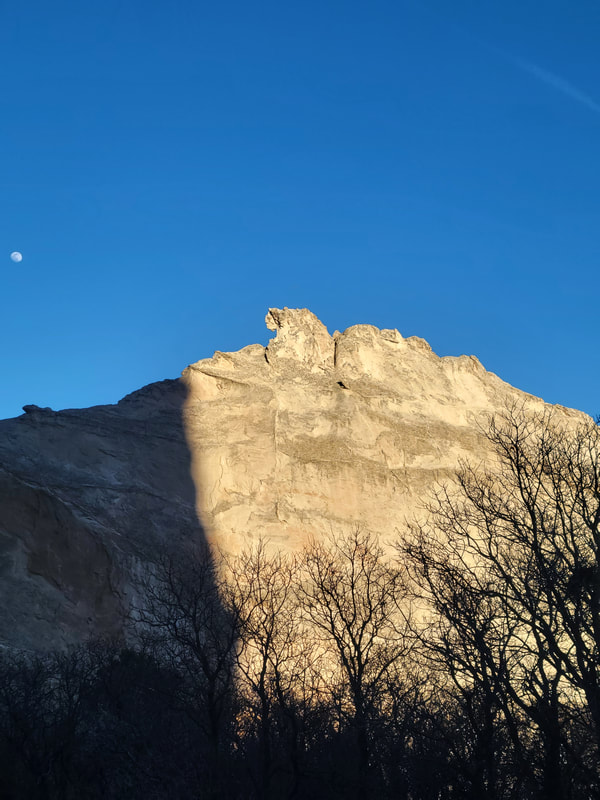
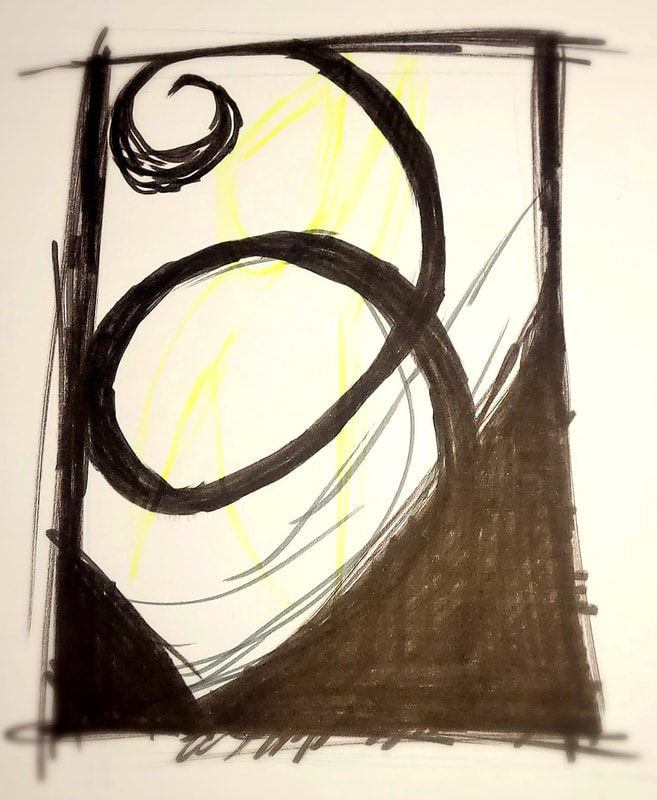
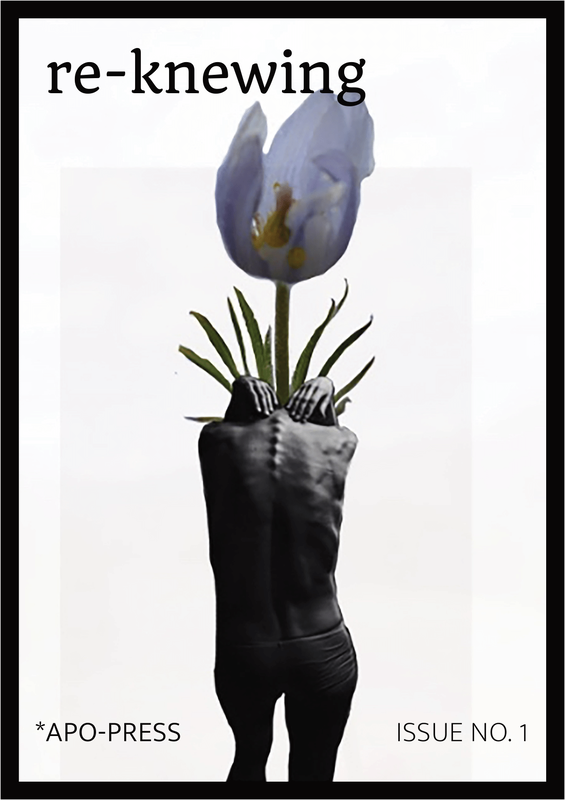
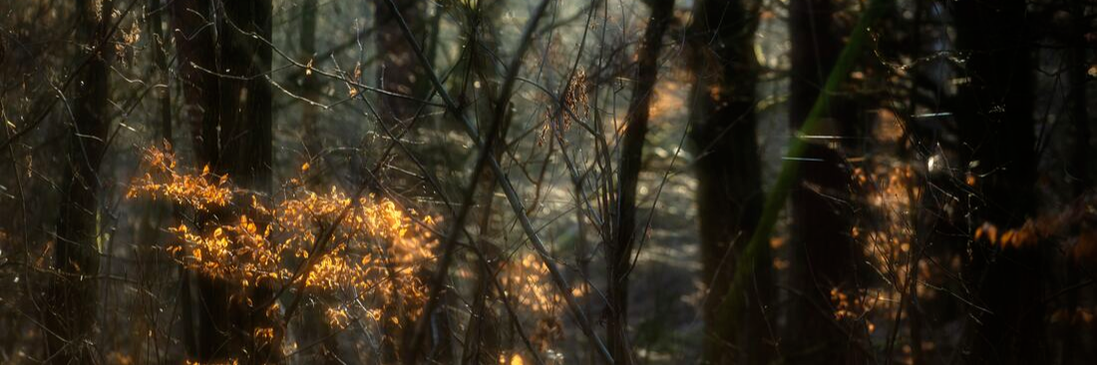
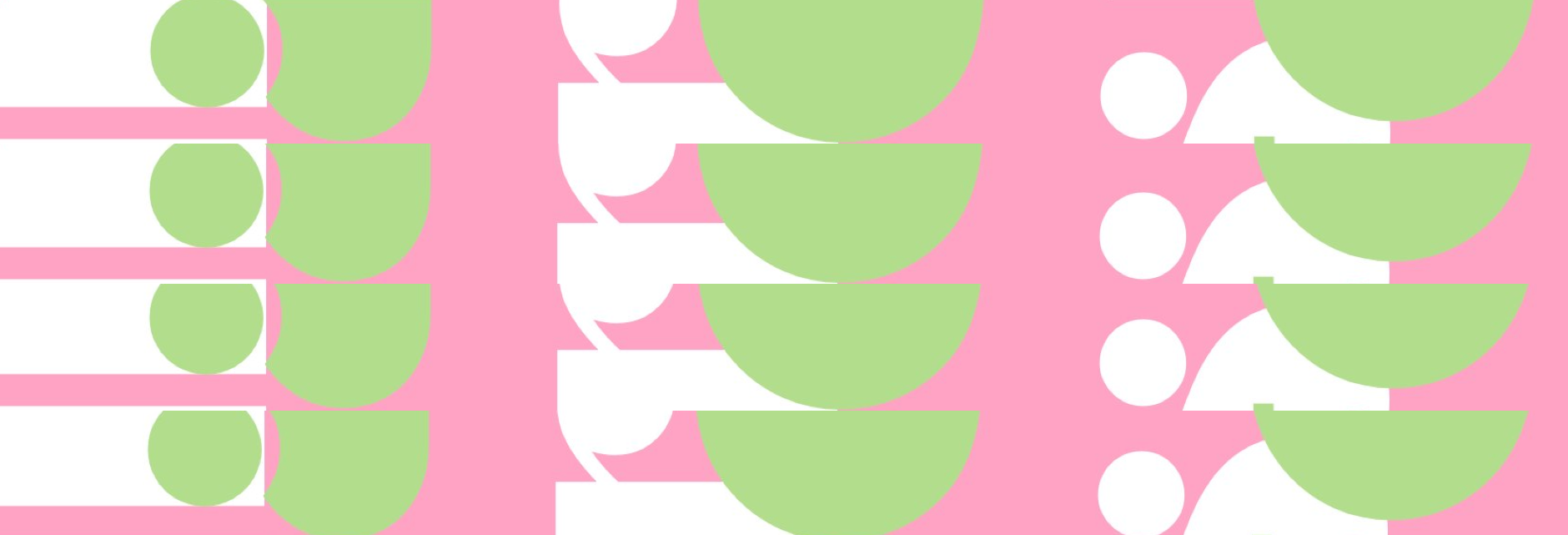
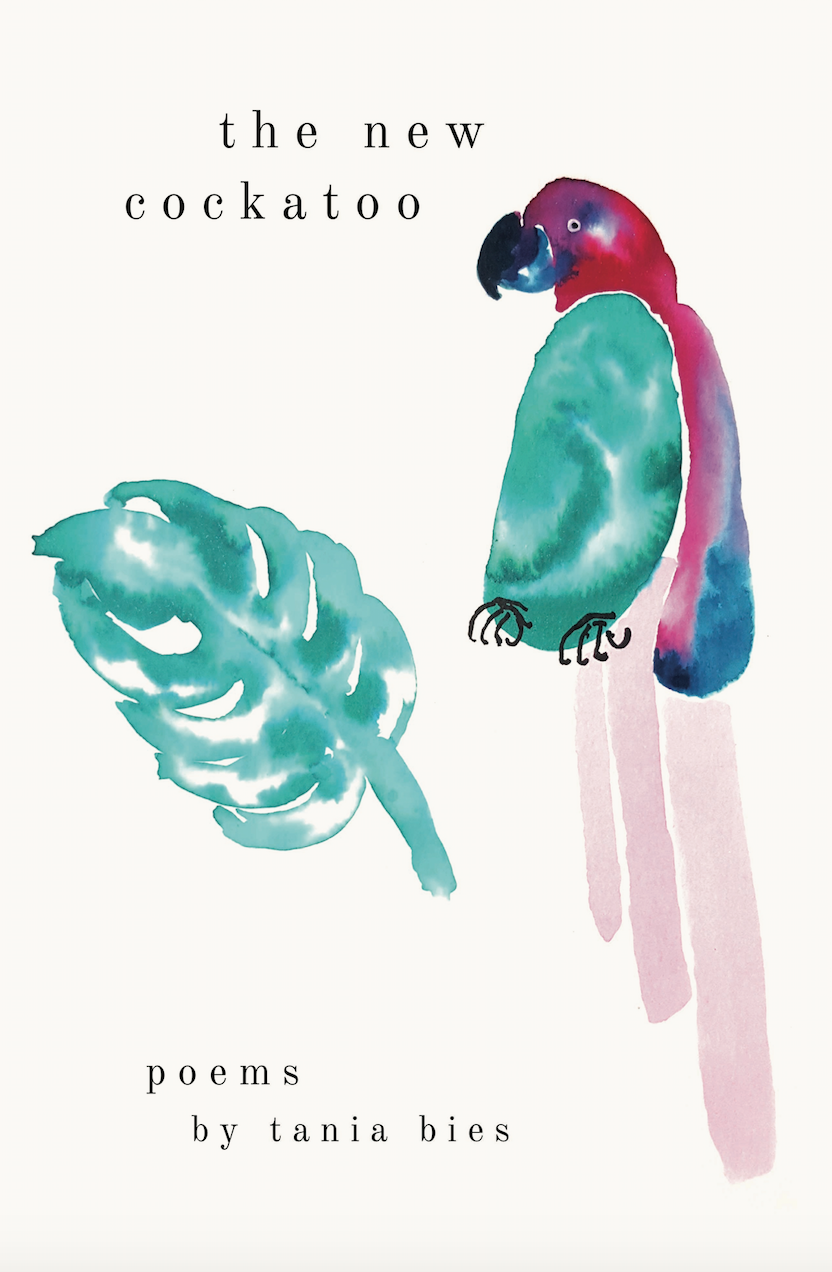

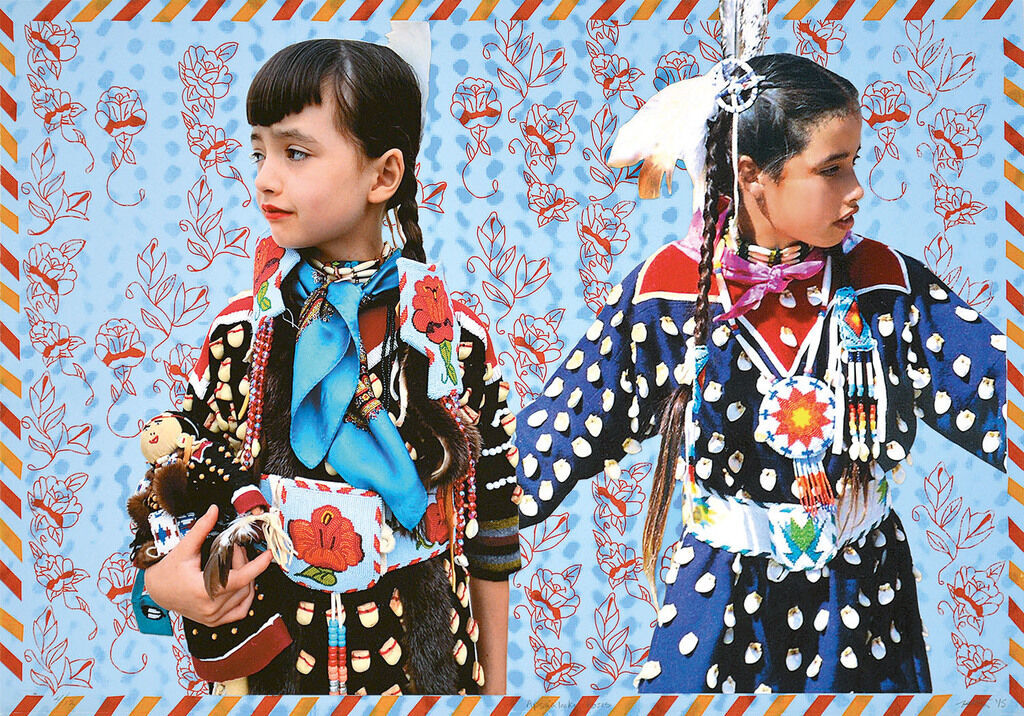
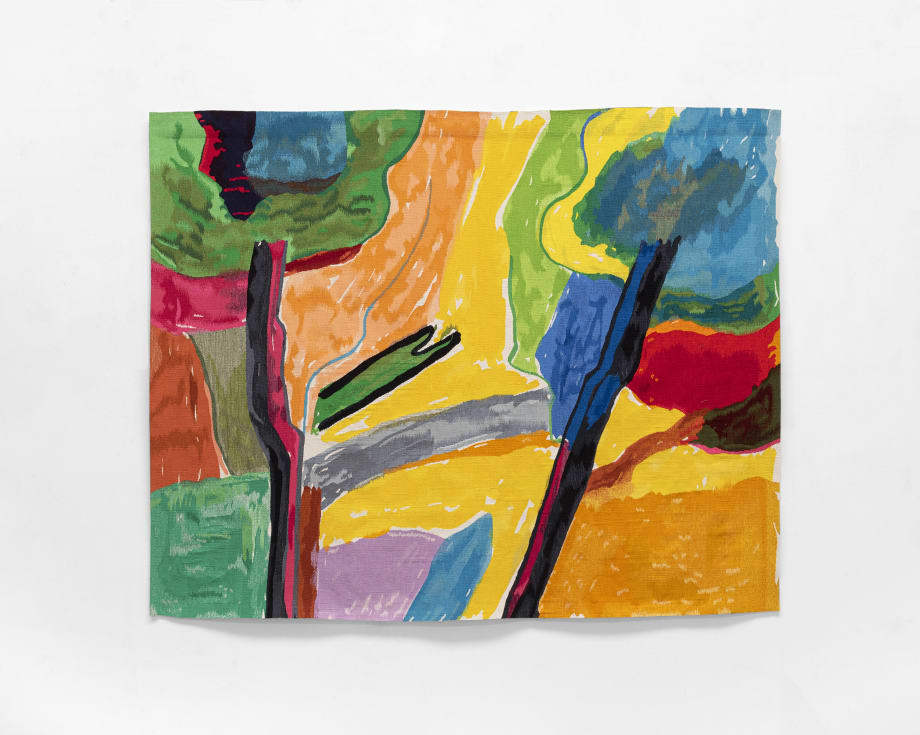
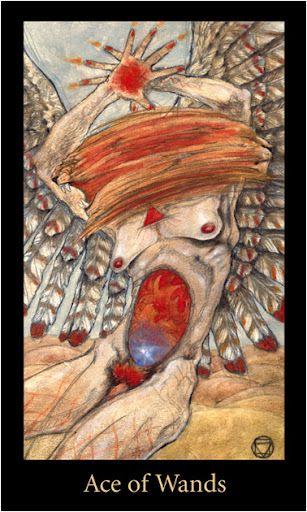
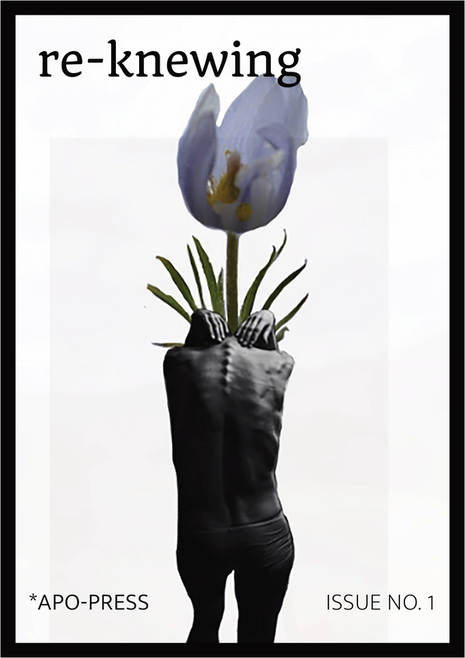
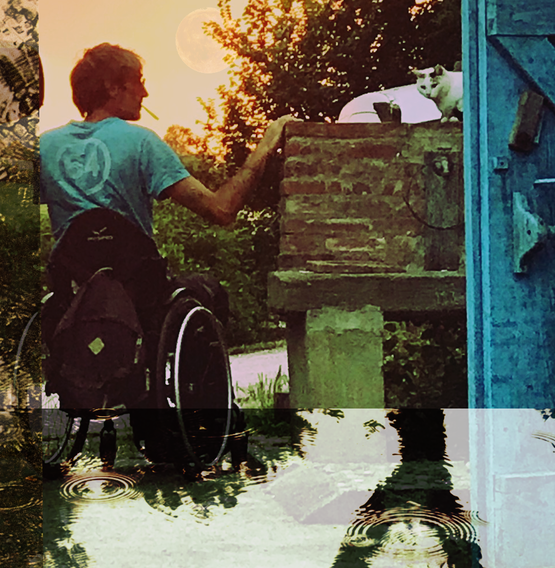
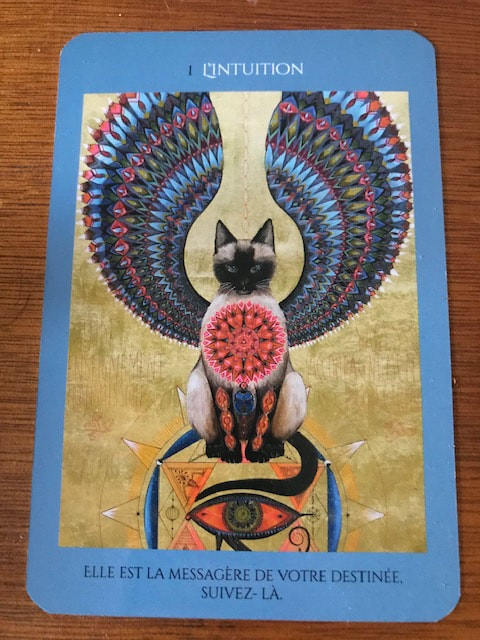
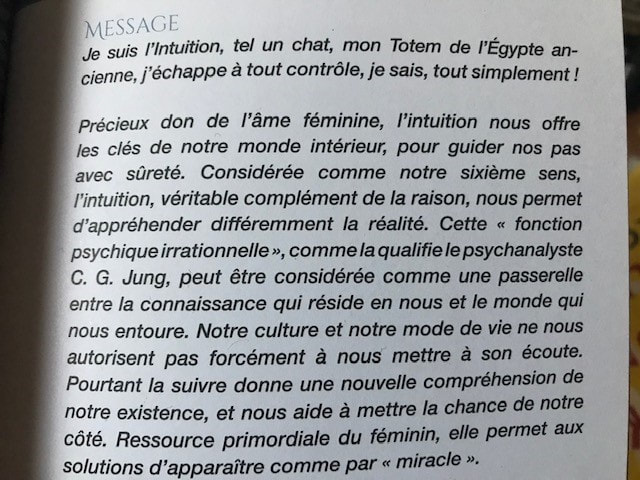
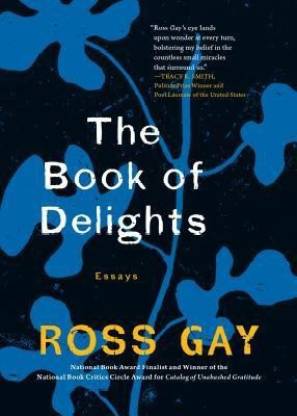


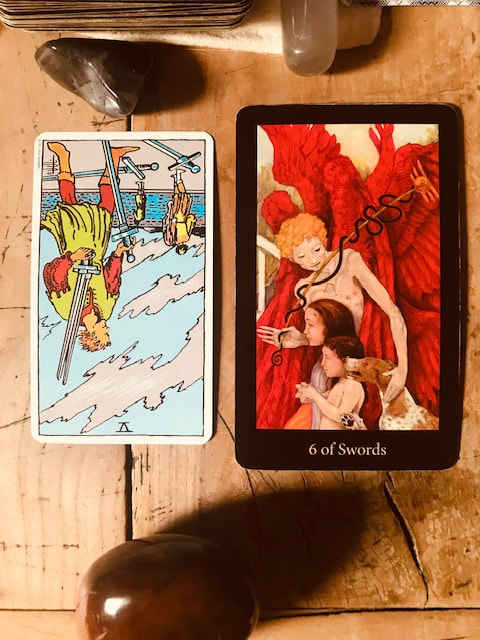

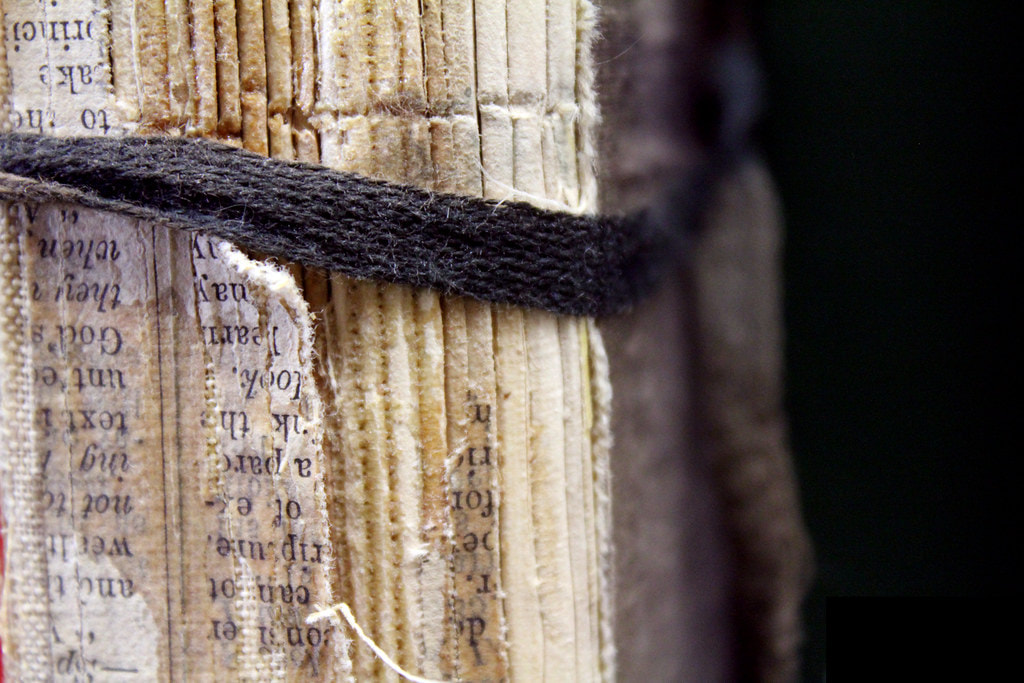

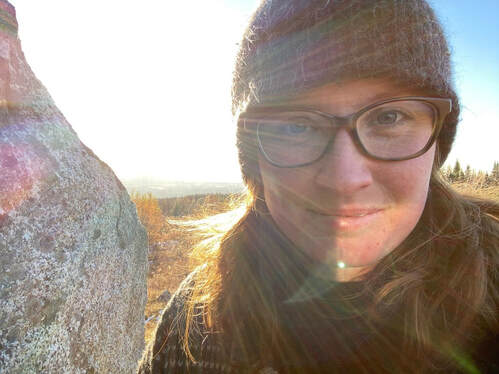
 RSS Feed
RSS Feed
